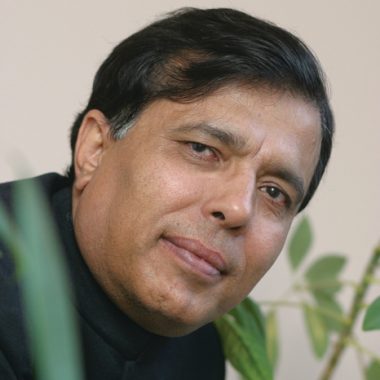The findings of the new Pulse survey adds to the depressing litany of evidence about the crisis facing the GP workforce – and it is a deep challenge that the government must begin to address.
The causes behind the current malaise amongst GPs are obvious, and were also highlighted in the BMA’s own survey of 15,500 GPs in April.
Pulse’s findings may seem puzzling given the avalanche of policy announcements and promises that came during the election about GP services. It’s hard to remember an election when GPs and patients were promised so much – more GPs, more funding and an expansion in what the public can expect from their local practice.
In truth, though, this has not lifted morale because on the ground GPs are deeply skeptical that these promises can be delivered.
It is not just that they have not seen any of these extra resources yet. It’s that at their heart many are practically impossible to deliver in the short time frame espoused by ministers. The government – like all the parties – has promised a sudden influx of GPs that magically will appear despite the fact that it takes eight years to train a GP, there aren’t enough places on foundation programmes to cater for a new cohort and currently there are unfilled vacancies for GP trainees, especially acute in the north. On top of this patients are now being promised seven day services, even though there is questionable demand for this and the funding on offer to provide this huge expansion is far too small.
This drastic contrast between the reality and political promises is dragging down GP morale. It reinforces the view that the powers that be just don’t get it.
Moving forward, we will only be able to improve the findings of the next Pulse survey if we get sensible, long term plans that are actually deliverable. Before doing anything we need GPs to be given the tools to provide basic services, which at the moment many are struggling to do. The pipe dreams must stop: it is unfair on GPs and patients to raise expectations that can’t be delivered.
Also important is that we provide support to GPs who are struggling now. We need a properly funded occupational health service for GPs that gives them the help they need, not the underfunded one we have now. The BMA’s Doctors for Doctors service also provides support for all doctors who need support on these kind of issues and I would strongly recommend anyone in need contacting them.
Ultimately the ball is in the Government’s court. It is time for them to step forward and back a workforce that is buckling under rising pressure.
Dr Kailash Chand is the deputy chair of the BMA and a retired GP

















